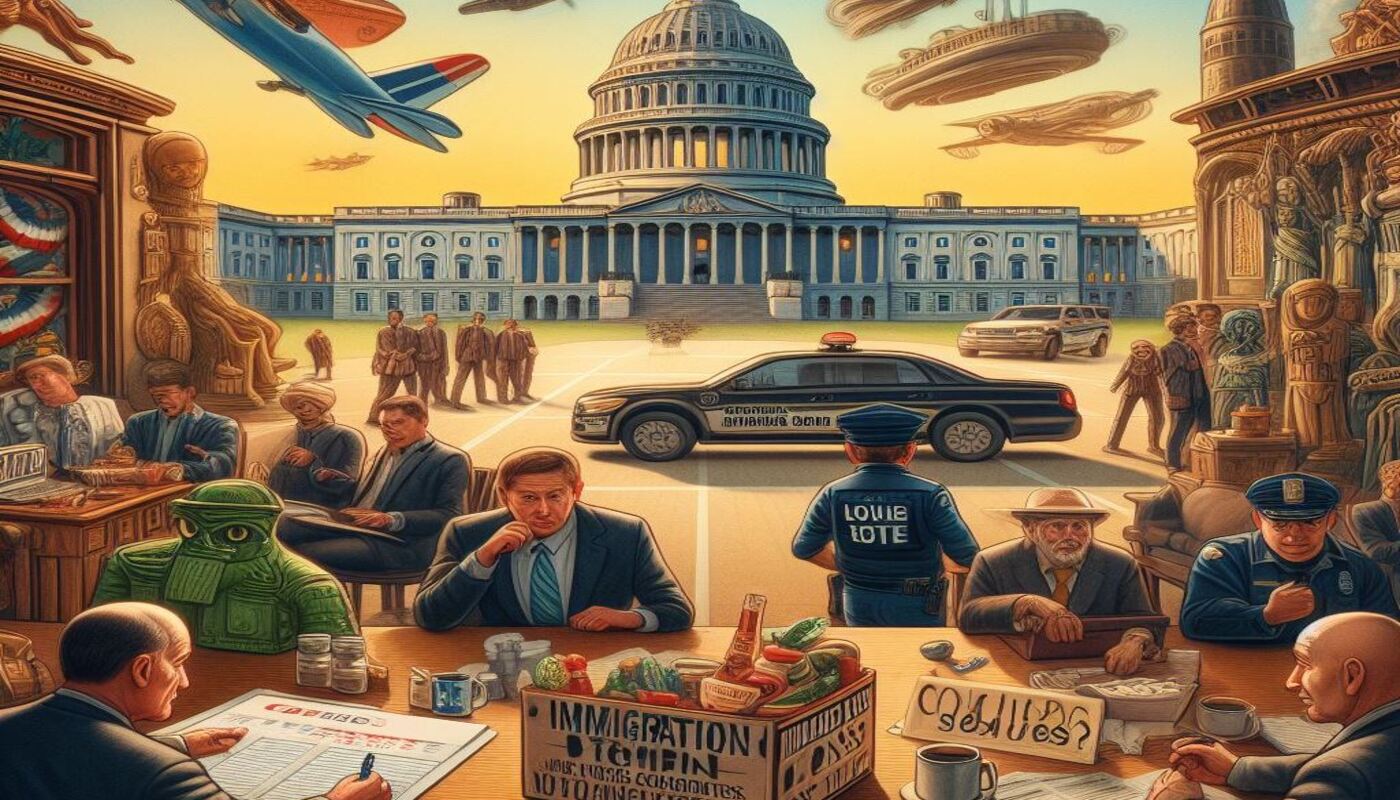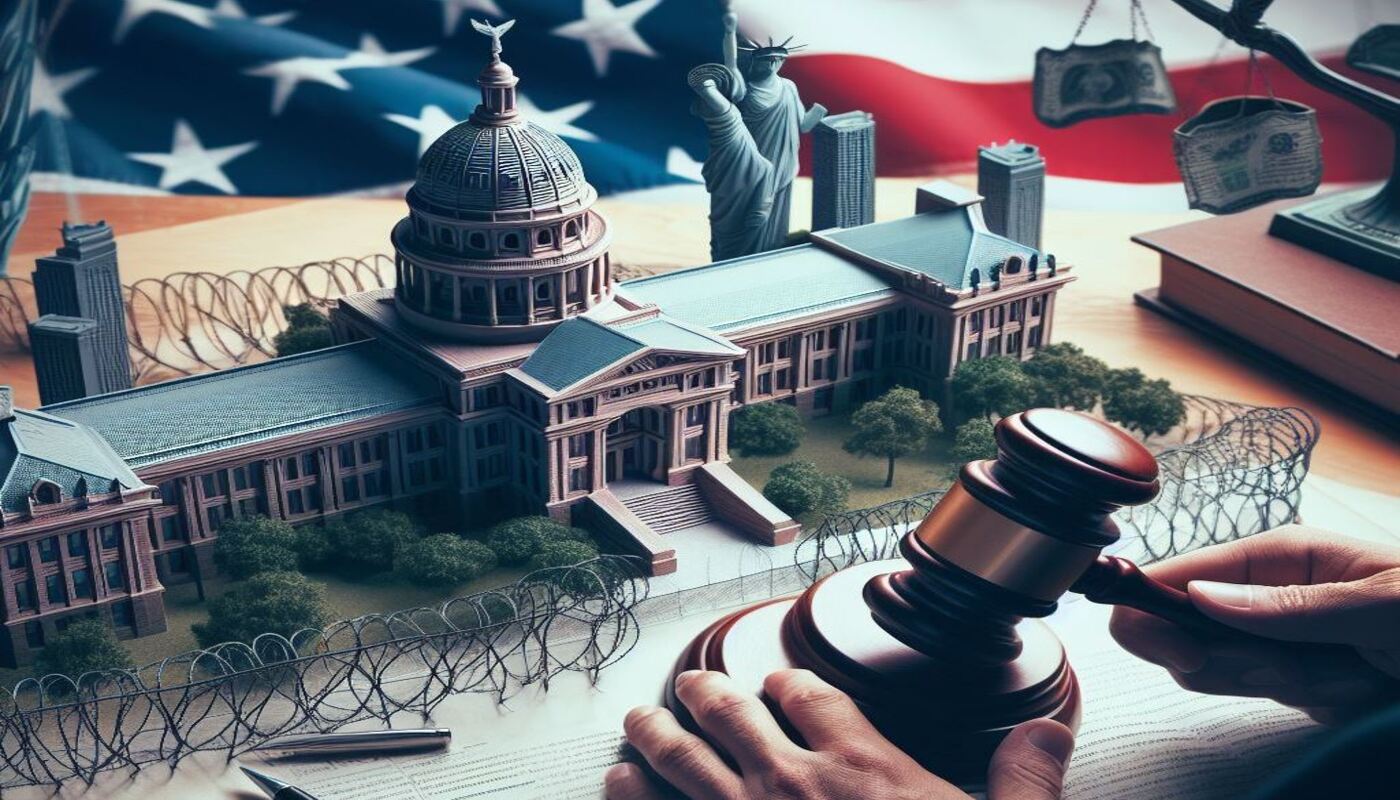Former President Donald Trump announced on Monday that, if re-elected, he would reinstate and broaden a travel ban on individuals from predominantly Muslim countries, halt refugee resettlements, and actively deport those he labeled as having “jihadist sympathies.” Speaking at a campaign event in Clive, Iowa, Trump linked his proposals to the recent Hamas attacks in Israel, expressing concerns about potential threats to the U.S. He emphasized that these measures would bring a significant overhaul to the nation’s immigration system, with likely legal challenges if implemented.
During his previous presidency, Trump’s travel ban initially targeted seven predominantly Muslim countries, later expanding to include several African nations. President Joe Biden revoked the ban upon taking office in 2021. Trump outlined plans for stringent ideological screening of immigrants, blocking individuals deemed as “dangerous lunatics, haters, bigots, and maniacs” from obtaining residency in the U.S. He also proposed banning travel from specific regions, including Gaza, Syria, Somalia, Yemen, and Libya, citing security concerns.
Furthermore, Trump suggested revoking student visas for “radical anti-American and antisemitic foreigners” studying in U.S. colleges and universities, intending to deport them. He criticized pro-Palestinian protests and pledged to send Immigration and Customs Enforcement officers to what he referred to as “pro-jihadist demonstrations,” emphasizing the need to protect the country.
In the context of the Israel-Hamas conflict, Trump’s stance aligns with other Republican presidential candidates who advocate for measures such as revoking student visas and deporting foreign nationals expressing support for Hamas. This rhetoric intensifies as the conflict escalates, with GOP candidates responding to the deepening crisis and rising casualties. Notably, some candidates, including Sen. Tim Scott and Florida Gov. Ron DeSantis, expressed support for revoking visas of those endorsing terrorist activities by Hamas, framing it as a matter of national security.
Source: CNN



















